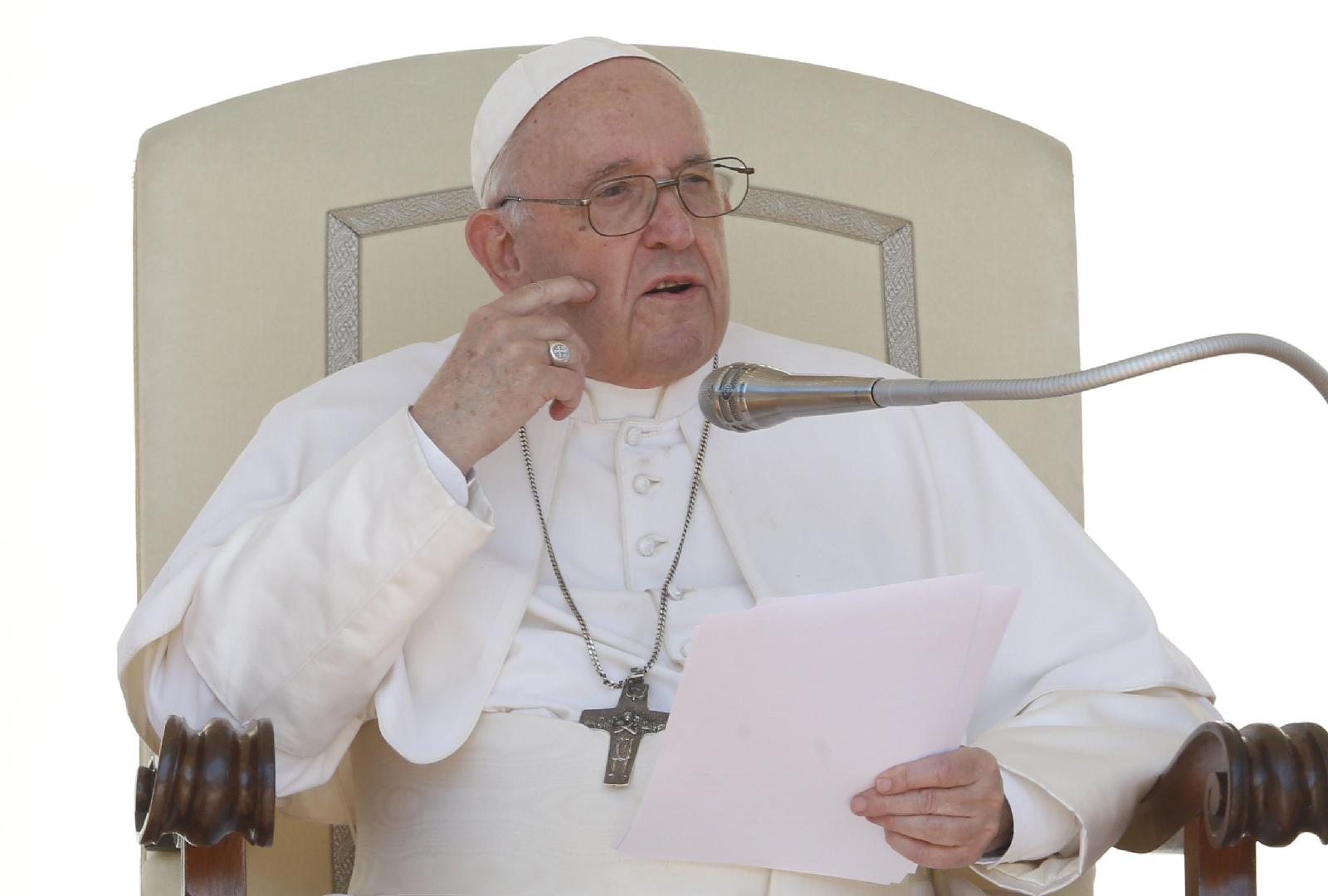Every year on the third Sunday of June, The Catholic Bishops’ Conference of England and Wales invites people to celebrate a Day for Life. Its primary purpose, as outlined by St John Paul II in Evangelium Vitae, is “to foster in individual consciences, in families, in the Church and in civil society a recognition of the meaning and value of human life at every stage and in every condition”. Building on last year’s theme of “care at the end of life”, this year, the bishops are inviting the faithful to reflect on protecting and valuing old age.
This focus on old age, is both a global and ecclesial concern. There are now more than one billion people aged 60 or over living in our world, a number expected to double by 2050. The face of humanity is ageing. Longevity, which was once considered a blessing, has fallen prey to a throw-away culture. From the treatment of the elderly during the pandemic and the disproportionate effect Covid had on them, to the health and social care crisis, the dementia time bomb, the threat of assisted suicide legislation, the breakdown of extended families, weakening of familial support and increased isolation, every day we see numerous attacks upon the gift of a long life.
Paradoxically, the place and worth of older persons in our society is called into question, with tragic consequences, at a time when medical and social advances mean that people are living longer than ever before. In the light of progress, strangely, long life has become something of a burden rather than a blessing. Being old simply doesn’t square with a culture which privileges youth and productivity over and above fragility and perceived emptying, decline or loss of life. And our response as a society? To set aside, to hide and to ignore older persons.
Christians are called to push back against this manifestation of the throw-away culture in which we find ourselves. We are not simply tasked with promoting and defending the rights of older persons, but also with creating a culture that cherishes life at all stages and especially when it is at its most vulnerable, be that at the start or end of life.
In this context, Pope Francis has made “old age” a pastoral priority of his pontificate. Alongside migration and climate change, he has said that it is one of the most urgent issues facing the human family at this time. The Pope has repeatedly called out “the cruel abandonment of older persons” during the pandemic, he has established a World Day of Prayer for Grandparents and the Elderly and more recently he has dedicated his Wednesday audiences to a rich Catechesis on Old Age. One Cardinal even called this Catechesis a “magisterium” on this pastoral issue. And the Pope has done all of this, by powerfully placing his own old age, fragility and weakness at the forefront of his ministry in this area.
The Catechesis on Old Age is rich and provides much to reflect upon, but I would like to draw attention to two themes in the earlier part of it: the bonds between generations and the grace of time. Both are framed as gifts the elderly offer by means of a remedy to a throw-away culture and both are echoed in the bishops’ own message for Day for Life, which you can read here.
On the first point, it can be easy to reduce the Pope’s calls for closer inter-generational relations, as a being a call to young people to help older people. Whilst this is, of course, important Pope Francis is aiming at something much deeper. He uses the image of the elderly as being like the roots of a tree and in these roots are wisdom, maturity, memory, history and experience. The young are flowers or fruits on these trees, and they need to be connected to their roots if they are to flourish and grow. When younger people are cut off from their roots, society is cut off from its roots. Without this connection society becomes sterile and its own future is threatened. In bridging this gap, the elderly are called to be, and to be recognised as, active and indispensable protagonists in our collective story and society, not merely passive recipients of our care or burdens/objects to be hidden or discarded.
On the second point, the grace of time, the Pope sees the length of years and the slower rhythms of life of the elderly as a powerful witness to society’s “excess of haste”. This excess has no time for the most vulnerable and no time for depth and meaning of life. Pope Francis sees the young as being most impacted by this, they are caught between time on the clock that demands to be rushed and the times of life that require proper leavening. The witness of the elderly and time spent with them, helps restore balance here by harmonising the rhythms of life and helping us both to mature and to grasp life’s deeper meaning and purpose. Wasting time and slowing down with the elderly and vulnerable, is in fact the antidote for “our obsession with haste” and the throw-away culture it generates.
Returning to this year’s Day for Life theme, the bishops of England and Wales invite people to think again about the value of and contribution older persons can make in families and in society, and to make practical choices to build bridges between the generations. While Day for Life is only one day in the calendar year, its call extends beyond 19 June and leaves me wondering what does this bridge building and time wasting look like in our locality? The parish seems the obvious starting place for this task of building a culture of life. It is the place par excellence where all generations gather regularly and where some intentional thinking and action on the points the Pope raises, could go a long way in ensuring the elderly are cherished, protected and honoured, both inside and outside its walls. A long life is indeed a blessing, so let us not forsake our elderly brothers and sisters when their strength is spent.
Collette McGovern is a Senior Policy and Research Analyst at The Catholic Bishops’ Conference of England and Wales.



 Loading ...
Loading ...
What do you think?
You can post as a subscriber user ...
User comments (0)